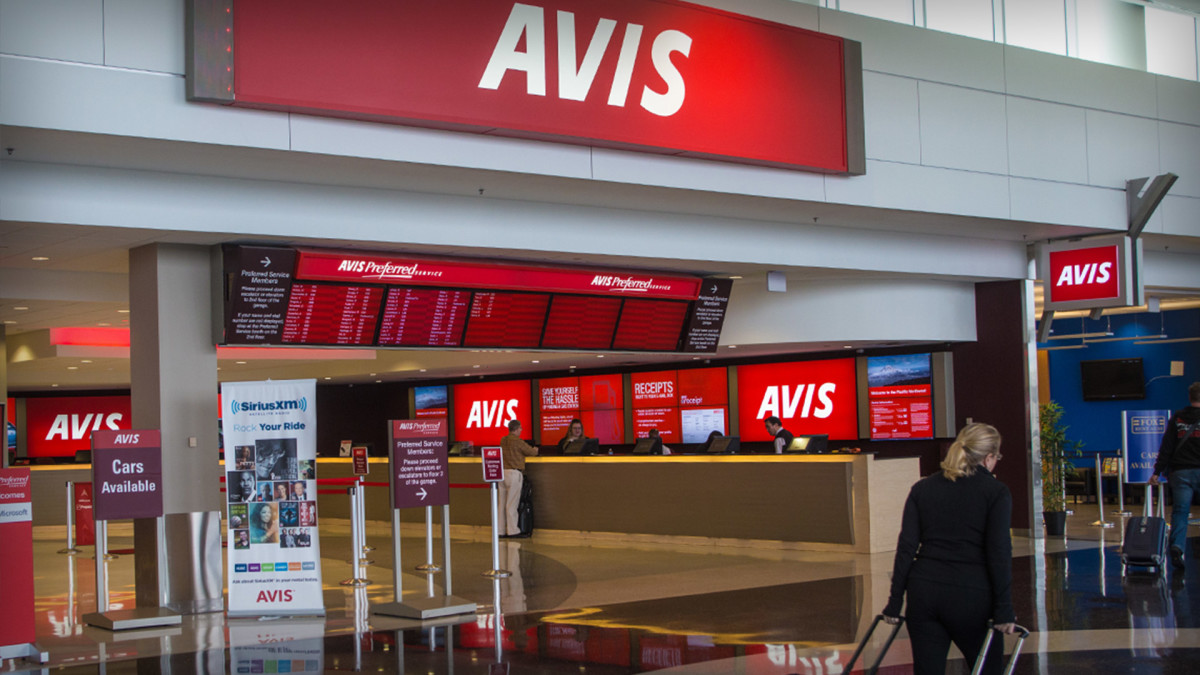Top Stories
Avis Budget Group Hit with $19M Settlement Over Hidden Fees

BREAKING: Avis Budget Group Inc. has been ordered to pay $19 million to resolve a class-action lawsuit involving its subsidiary, Payless Car Rental Inc., over hidden fees. This urgent development highlights ongoing issues in the car rental industry, particularly regarding transparency in pricing.
The lawsuit, filed in September 2016 and recently settled, accused Payless of improperly charging customers for optional services, specifically the Gas Service Option (GSO) and Roadside Protection (RSP), from January 1, 2016, to November 25, 2023. Customers who rented from Payless during this period may receive restitution of up to $20 for GSO fees and $12 for RSP fees, subject to pro-rata adjustments.
According to Michael Taylor, Travel Intelligence Lead at J.D. Power, the car rental sector is experiencing significant strain. “Rental car companies are facing challenges due to vehicle supply shortages and staffing issues, leading to long wait times and rising costs that negatively impact customer satisfaction,” he stated.
Customers expressed frustration over the practice of adding fees without clear disclosure. The lawsuit alleged that Payless routinely charged GSO and RSP fees even when customers declined them, violating the New Jersey Consumer Fraud Act and other state laws. The settlement does not require Payless to admit any wrongdoing, but it mandates operational changes, including obtaining affirmative consent before charging for add-ons.
The settlement fund totals $19 million, with eligibility extending to U.S. and Canadian residents who rented vehicles from Payless during the specified period. Payments will be issued automatically unless individuals opt out or choose a digital payment method. The deadline for opting out is November 10, 2025, with a fairness hearing scheduled for December 2, 2025.
This lawsuit underscores the growing scrutiny on car rental companies that rely heavily on ancillary fees for revenue. Consumer advocate Christopher Elliott warned, “Car rental companies are quietly raising revenue through add-on charges, and recent litigation shows just how costly it can be to consumers.”
While the $19 million settlement may seem modest relative to Avis Budget Group’s overall revenue, the implications of stricter regulations and consumer consent rules could significantly impact the company’s profit margins moving forward. Observers are now watching how Avis adapts its ancillary revenue model in light of increased legal and compliance risks.
In summary, the Avis-Payless settlement serves as a critical reminder of the importance of transparency in the car rental industry. As changes take effect, consumers should remain vigilant about the fees associated with their rentals, ensuring they are fully informed every step of the way.
-

 Science4 weeks ago
Science4 weeks agoIROS 2025 to Showcase Cutting-Edge Robotics Innovations in China
-

 Lifestyle4 weeks ago
Lifestyle4 weeks agoStone Island’s Logo Worn by Extremists Sparks Brand Dilemma
-

 Politics4 weeks ago
Politics4 weeks agoJudge Considers Dismissal of Chelsea Housing Case Citing AI Flaws
-

 World4 weeks ago
World4 weeks agoBravo Company Veterans Honored with Bronze Medals After 56 Years
-

 Health4 weeks ago
Health4 weeks agoStartup Liberate Bio Secures $31 Million for Next-Gen Therapies
-

 Lifestyle4 weeks ago
Lifestyle4 weeks agoMary Morgan Jackson Crowned Little Miss National Peanut Festival 2025
-

 Science4 weeks ago
Science4 weeks agoArizona State University Transforms Programming Education Approach
-

 Health4 weeks ago
Health4 weeks agoTop Hyaluronic Acid Serums for Radiant Skin in 2025
-

 Top Stories4 weeks ago
Top Stories4 weeks agoUrgent Weather Update: Chicago Forecast for October 20 Revealed
-

 World4 weeks ago
World4 weeks agoHoneywell Predicts Record Demand for Business Jets Over Next Decade
-

 Sports4 weeks ago
Sports4 weeks agoYamamoto’s Mastery Leads Dodgers to 5-1 Victory in NLCS Game 2
-

 Top Stories4 weeks ago
Top Stories4 weeks agoIndonesia Suspends 27,000 Bank Accounts in Online Gambling Crackdown









